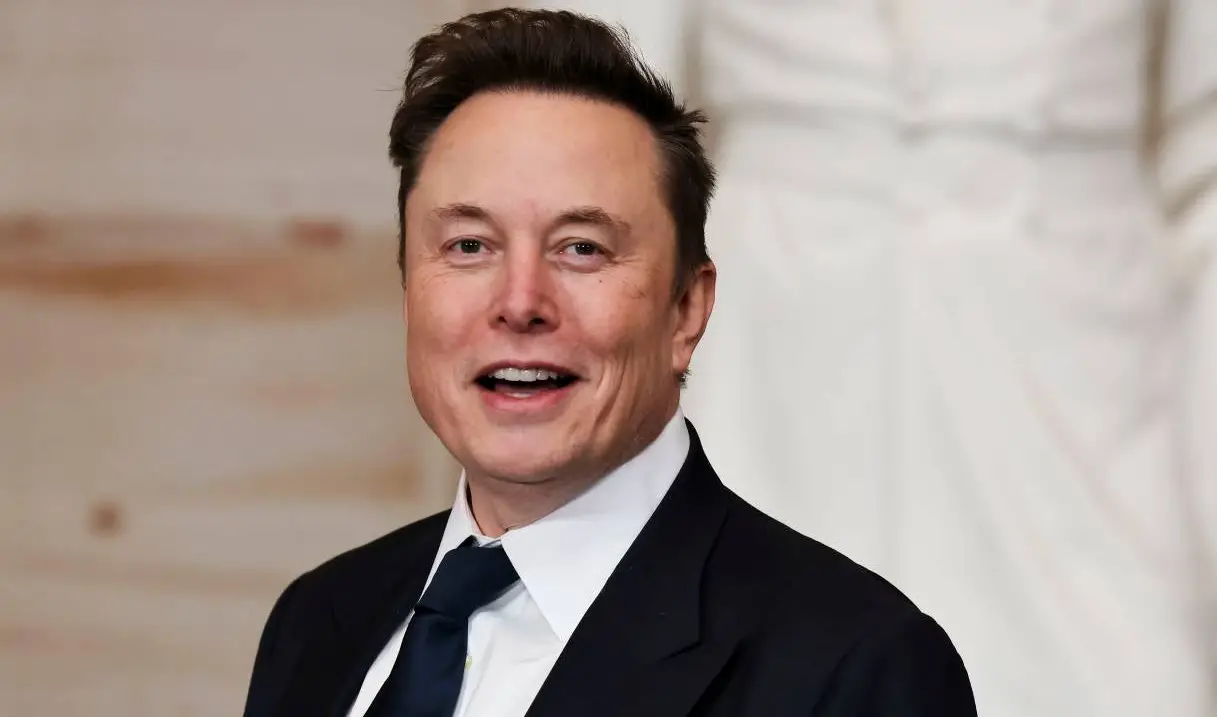Elon Musk Uncovers ‘Magic Money Computers’: Surprising Insights into How Federal Payments Are Created
In a surprising revelation, Elon Musk has raised concerns about automated systems within the U.S. government, which he describes as “magic money computers.” In an interview with Senator Ted Cruz, Musk claimed these systems are responsible for generating federal payments “out of thin air,” without proper oversight, causing confusion over the true scale of government spending. This article explores Musk’s claims, the technology behind these systems, and their potential impact on fiscal policy and government transparency.
The Revelation
During an interview with Senator Ted Cruz, Musk revealed his concerns about what he describes as a significant issue within multiple federal agencies. According to Musk, his research arm, the U.S. Department of Government Efficiency (DOGE), discovered at least 14 autonomous payment systems operating within the U.S. Treasury and other departments. These systems, Musk asserts, are able to disburse funds without the usual checks and balances, raising questions about their role in federal spending.
Musk’s comment, “They just send money out of nothing,” highlights the potential discrepancies between official reports on government spending and actual disbursements. This has sparked concerns among lawmakers and fiscal experts who worry that the lack of oversight may lead to financial irregularities and undermine the credibility of the federal budget. Senator Cruz speculated that these discrepancies could add up to trillions of dollars across various departments, fueling a growing debate on government fiscal management.
What Are “Magic Money Computers”?
The term “magic money computers” has quickly become a focal point in the ongoing conversation. These systems, as described by Musk, are automated payment mechanisms operating in isolation, without the interconnected oversight usually found in government financial systems. While government agencies typically synchronize their financial data to ensure accuracy, Musk claims these systems operate independently, sometimes leading to discrepancies of up to five percent in reported spending. Although five percent may seem minor, in the context of the federal budget, it could represent billions of dollars.
Musk’s investigation suggests that these autonomous systems could be contributing to discrepancies in government spending data, potentially affecting policymaking and undermining fiscal transparency.
The Bigger Picture: Fiscal Policy and Monetary Systems
Musk’s comments have sparked a wider conversation about modern fiscal policy, particularly the role of technology in government spending. Some have linked Musk’s claims to the broader debates surrounding modern monetary theory (MMT). MMT argues that sovereign nations like the U.S. can create money to finance public services without relying on taxes or borrowing, as long as inflation is managed. However, critics warn that uncontrolled money creation could lead to inflation and a weakened currency.
Musk’s concerns about the lack of oversight over these automated systems raise important questions about the implementation of MMT in practice. While MMT acknowledges the government’s ability to create money, Musk’s revelations highlight the risks of doing so without adequate transparency and accountability.
Technology in Government Finance
The integration of advanced technology in government financial operations was intended to streamline processes and improve efficiency. Automated systems were designed to reduce human error and enhance transparency by providing real-time data. However, Musk’s findings suggest that these systems may be operating in a decentralized manner, causing data fragmentation and hindering accurate tracking of government spending.
Such fragmentation presents challenges for lawmakers who rely on precise financial data to make informed decisions. If these automated systems are issuing payments without proper integration or monitoring, policy decisions may be based on misleading or incomplete information, leading to misallocations of resources and reduced public trust in government financial management.
Calls for Reform
The political ramifications of Musk’s claims have spurred calls for reform. Lawmakers, including Senator Cruz, have called for a thorough audit of federal financial systems to ensure accuracy and prevent wasteful spending. The goal is to ensure that every dollar disbursed by the government is properly accounted for and that any discrepancies are identified and corrected.
Proposals for reform include:
- Data Synchronization: Mandating that all automated payment systems be integrated with a centralized data repository for accurate tracking.
- Independent Audits: Implementing regular independent audits to verify the accuracy of reported figures.
- Stronger Oversight: Developing real-time monitoring and using technologies like blockchain to create tamper-proof records of financial transactions.
- Transparency: Requiring detailed reports on automated systems’ operations to be made available to oversight committees and the public.
These measures aim to ensure that automated payment systems operate with greater transparency and accountability.
Conclusion: The Need for Modernized Oversight
Elon Musk’s claims about “magic money computers” have sparked a critical conversation about government spending, financial technology, and oversight. As federal agencies continue to adopt automated systems for managing funds, the need for robust oversight mechanisms has never been clearer. Without adequate monitoring, discrepancies in spending data could undermine fiscal accountability and mislead policymakers.
The ongoing debate underscores the importance of reforming federal financial management systems to ensure that taxpayer dollars are spent responsibly and that automated systems remain transparent. In the rapidly evolving digital age, it is essential that government financial practices adapt to new technologies while maintaining the highest standards of fiscal discipline and accountability.
